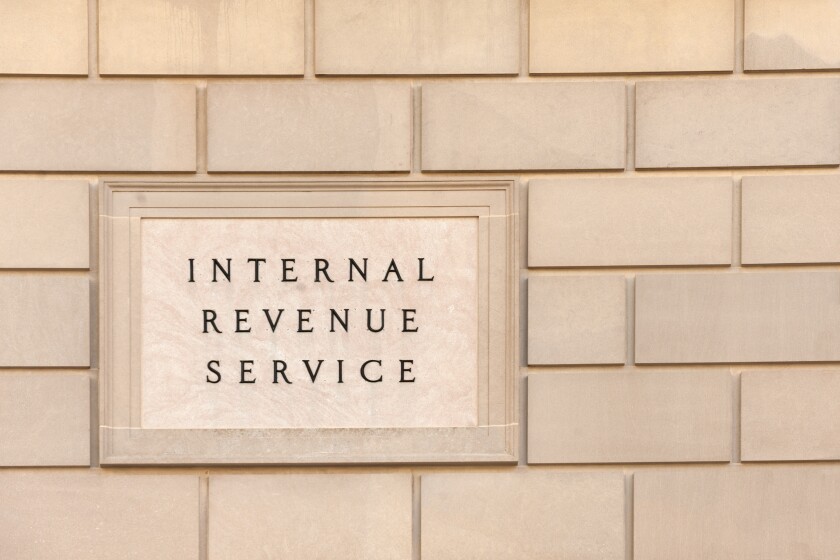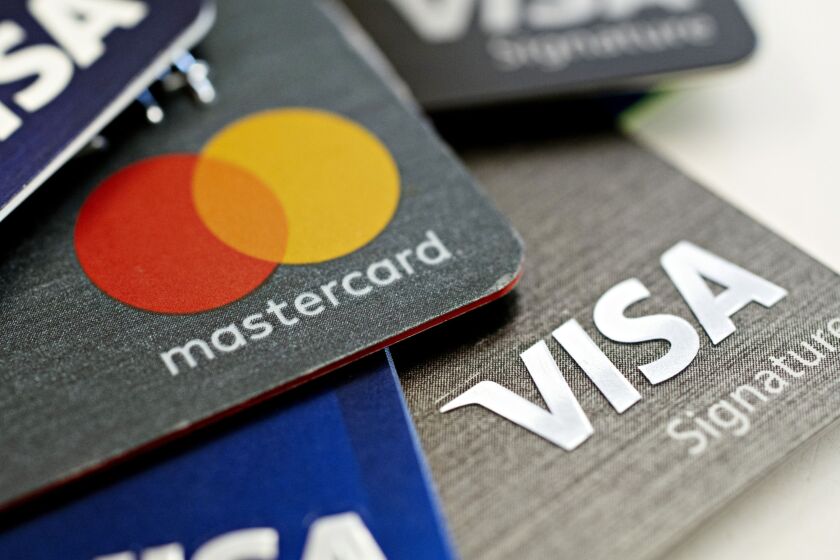The coronavirus pandemic is likely to force a great leap forward in the fight to crush paper checks, which still account for about half of B2B payments, by moving more invoice payments online.
The U.S. Treasury is talking to digital payments providers about quick ways to disburse funds to recipients of stimulus checks within a couple of weeks, but payments industry experts foresee troubling security issues even with most of the obvious options.
Mastercard has increased the contactless payment limit to CA$250 across Canada to provide consumers with a safer way to pay during the coronavirus pandemic.
Amid the worldwide coronavirus crisis, making cross-border payments to emerging markets has been akin to putting together a jigsaw puzzle without many of its pieces.
Admitting it "may be professional suicide" to take the reins in the midst of a global health crisis, Brady Harris says his role atop Dwolla's management chain will be "a real test of my leadership abilities."
Federal agencies are increasingly sending incorrect benefit payments to Americans, a government watchdog said as the Internal Revenue Service prepares to send more than $292 billion in direct payments to households as part of the government’s coronavirus response.
Interchange fees are a major part of the costs merchants pay to accept payment cards. While merchants seek relief from fees during a time in which their businesses face serious damage from stay-at-home edicts because of coronavirus, the credit card companies and banks quickly began to dig in their heels.
While the $2 trillion stimulus package just signed into law provides enhanced unemployment benefits, it is little solace to those out of work with dim prospects of their jobs returning to normal anytime soon.
The world’s largest payment companies are fighting for their own piece of the U.S. coronavirus stimulus: an assignment to help distribute some of the relief money that will be sent to millions of Americans in the coming weeks.
With coronavirus driving more merchants to promote electronic payments over cash — and contactless payments over cards — many are still asking their customers to share a potentially virus-laden pen to sign a receipt or screen at the point of sale.













